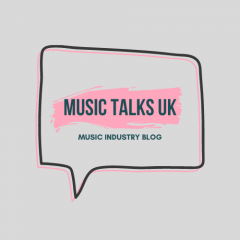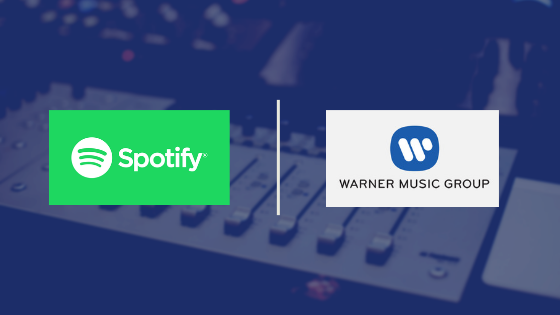Glastonbury 2019 has been full of star-studded performances from some of the most incredible artists both old and new, such as The Cure, Kylie Minogue, Miley Cyrus, The Chemical Brothers and so so many more. Personally, my favourite acts over the weekend were The Chemical Brothers, Mahalia, Loyle Carner and Jorja Smith but for today’s post I’ll be reviewing some of the most iconic performances; not by means of just talent, but surprises.
Stormzy

“I made a customised stab-proof vest and thought – who could possibly wear this? Stormzy at Glastonbury”
Banksy via Instagram
An iconic headliner performance by British Grime artist, Stormzy, set alight Glastonbury 2019 with a continued catalogue of memorable performances over the weekend. Not only was Stormzy’s performance full of musical delights, true to Stormzy style, he used his platform to highlight key issues happening right now. Walking out on stage wearing a stab-proof vest made by the one and only Banksy immediately shone light on the current debates surrounding the increase in London stabbings; something close to Stormzy’s heart. Comically, a key lyric in Stormzy’s release of ‘Vossi Bop’ portrays his complete disregard for Boris Johnson in the run up for Tory leadership – ensuring the crowd repeated ‘Fuck the government and fuck Boris’ for full affect. It seems Boris Johnson was featured in various performances over the weekend – UK rapper Loyle Carner opted for a simple ‘I Hate Boris’ T-Shirt during his time on stage (again, an insane performance). One powerful statement after another made for a truly memorable headline act.
Olly Alexander’s speech on equality
Not only was this weekend about Glastonbury, it was also the 50th anniversary of the Stonewall Riots. Years & Years frontman, Olly Alexander stole the crowds hearts as he spoke about LGBTQ+ rights and remembering the bravery of those who took part in the Stonewall Riots. The British Pop band had a screen displaying ‘Queer is beautiful’ during their performance and Olly made it clear that he understood that ‘Queer’ can be seen as a derogatory term to many due to it having a ‘painful and complicated history’.
‘Our history is what shapes us into who we are’
Olly Alexander at Glastonbury 2019
Despite this he demonstrated his admiration for those who struggle with their sexuality on a daily basis and his powerful speech gained a huge amount of respect and credibility as I’m sure it will for many years to come.
Noel Gallagher, who?

Lewis Capaldi has quickly become a British treasure after his fast incline to fame over the past year. His witty and charismatic personality has captured the eyes of his ever growing fan base, with his social media posts becoming viral sensations on a weekly basis. However, there’s always going to be haters – and for Lewis Capaldi, he’s received negativity from none other than Noel Gallagher. Living up to expectations, the Scottish born singer graced the Glastonbury stage in as comical fashion as always, styling a T-Shirt featuring a heart-shaped Noel and using his criticism as his background music entrance. A gentle mocking to prove that Lewis Capaldi will give as much as he gets.
#AlexFromGlasto

#AlexFromGlasto has been trending since Dave’s infamous performance on Sunday. Dave invited a crowd member on stage to rap the AJ Tracey verses to his single ‘Thiago Silva’ and nobody could’ve anticipated that the chosen fan would become an internet sensation within hours. Once Alex Mann was on stage he proceeded to rap the whole track with little help from artist, Dave. It’s undeniable how much he entertained the crowd of thousands and how he shocked Dave with his impressive ability to not only memorise the lyrics, but confidently relay them in front of such a magnitude of onlookers. Unsurprisingly, it appears BoohooMan have snapped up the opportunity for exposure and have teased a possible collaboration with the newly famous sensation. A Glastonbury highlight that will go down in history.
Glastonbury 2019 has been argued to be the best yet with so many surprises but with the 50th Glastonbury coming up in 2020, can it get any better?
















